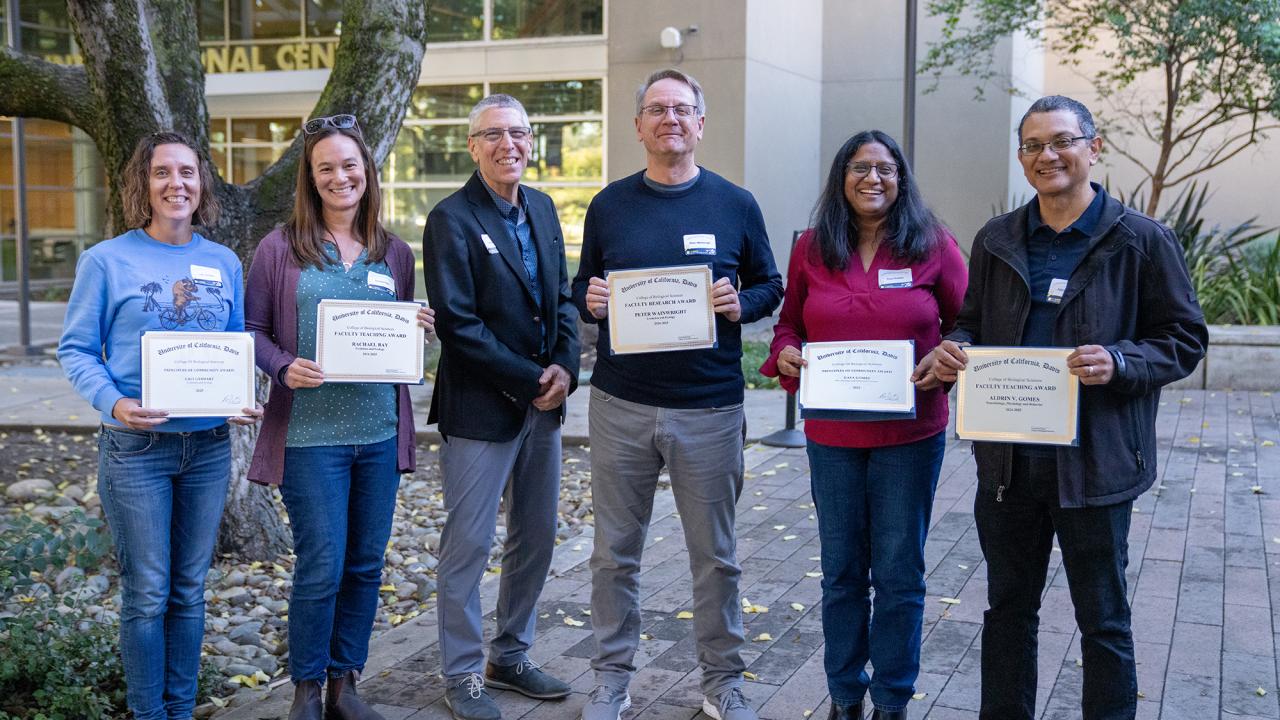
Annual College Awards for Teaching, Research and Community Recognize Excellence Across Faculty, Staff
Each year, the college presents teaching, research and Principles of Community awards to recognize exceptional contributions by CBS faculty and staff.
The teaching and research awards, given to faculty, recognize impact by faculty in the classroom, the laboratory, and within their disciplines. This year, two faculty members received the teaching award, and one received the research award.
In support of the college’s commitment to the UC Davis Principles of Community, CBS also presents the principles of community award to both a faculty and staff member who demonstrate outstanding leadership, engagement, and support for the CBS community.
Announced at the college’s 20th anniversary gathering on Wednesday, October 15, 2025, the awards are an important recognition of the many contributions and deep excellence of members of the CBS community.
Meet the 2025 Teaching, Research and Community Award Recipients
CBS Faculty Teaching Awards
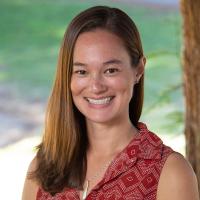
Rachael Bay
Associate Professor
Evolution and Ecology
Rachael Bay’s teaching and mentoring record stood out as exceptional. Bay taught a large, challenging introductory course, developed two advanced undergraduate classes with hands-on components, and made innovative contributions to graduate education. The committee especially praised Bay’s use of real, published data to help students connect lecture material to research and build critical thinking skills. Beyond the classroom, her extensive mentorship of undergraduate and graduate students reflects her deep commitment to biology education.
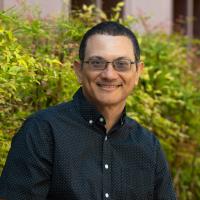
Aldrin Gomes
Professor
Neurobiology, Physiology and Behavior
Aldrin Gomes’ teaching and mentoring record also stood out for its creativity and impact. He uses innovative classroom and homework tools and prioritizes student well-being, reflected in glowing evaluations. Through his “Scientist Spotlight” lectures, Gomes showcases scientists from diverse backgrounds to help students see themselves in science. Beyond the classroom, his extraordinary mentorship—especially as PI of the MARC and IMSD programs—supports more than 60 graduate students from underrepresented groups. The committee praised the breadth and impact of his teaching and mentoring.
CBS Faculty Research Award
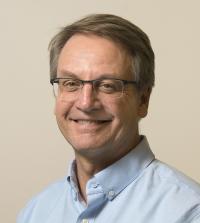
Peter Wainwright
Distinguished Professor
Evolution and Ecology
Peter Wainwright received the Research Award for his Nature paper, “Evolutionary ability of a key innovation spurs rapid diversification” (January 8, 2025). The study analyzed tooth morphology in over 30,000 fish—two-thirds of all extant species—revealing repeated, independent evolution of complex teeth, especially in African cichlids. The findings suggest an underlying genetic blueprint enabling rapid adaptation and diversification. Spearheaded by graduate student Nick Peoples, this groundbreaking work has broad implications for understanding evolutionary innovation.
CBS Principles of Community Award

Gaya Gomes
Business Office Manager
Microbiology and Molecular Genetics
Gaya Gomes was recognized for her tireless efforts to make her department a collegial and supportive place to work. She makes workplaces feel welcoming—remodeling shared spaces, advocating for comfort and accessibility, and making sure everyone’s voice is heard. She meets regularly with colleagues to check in, celebrates their successes, and supports their growth. Her steady kindness and thoughtful leadership create a sense of belonging that reflects the very best of the UC Davis Principles of Community.
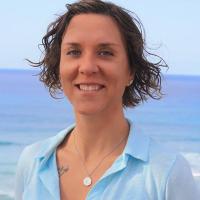
Laci Gerhart
Associate Professor of Teaching
Evolution and Ecology
Laci Gerhart brings the UC Davis Principles of Community to life through her teaching, mentorship, and outreach. She creates welcoming classrooms, weaves social justice into science, and uplifts students’ voices through projects that blend art, research, and environmental action. Beyond campus, she leads participatory science programs in California prisons, expanding access to environmental education and fostering dignity and respect for all. Her work shows how science can build community and belonging.
